South Africa ‘at a precipice’: Mgojo
Image: Unsplash.com/Simon Migaj
The Minerals Council South Africa has welcomed elements of the economic recovery plan outlined by president Cyril Ramaphosa but said it did not go far enough in terms of increasing the country’s global competitiveness.
The plan included a proposal to halve timeframes for mining, prospecting, water and environmental licences.
The council was also pleased to see interventions aimed at securing a reliable energy supply within two years, fast-tracking applications for self-generation, addressing crime and corruption and modernising network industries including road, rail and ports.
Ramaphosa had presented the plan to a joint hybrid sitting of parliament last week, saying seven months had passed since declaring a national state of disaster due to COVID-19 and it was time to build “a new economy based on fairness, justice and equality”.
The council said the plan was a positive contribution but did not adequately address in detail the issues which drove competitiveness and investment, including foreign investment.
“Only by increasing the country’s competitiveness will we be able to unlock the economic potential of the country, and only then will investment (local and foreign) flow,” the council said.
“South Africa is at a precipice,” president Mxolisi Mgojo said.
“While we have managed to claw back from the precipice before, it has only been through decisive action that recognises that pain comes before gain – across the board – that we can set our nation back on a road to prosperity.
“That means that hard economic decisions need to be taken, and soon.”
CEO Roger Baxter said the council was engaged in “intensive and frank” conversations with the Department of Mineral Resources and Energy to identify solutions to constraints to unlock the potential of the exploration and mining sectors.
He said mines minister Gwede Mantashe shared the view that “with the right interventions, we could grow exploration to 3% of global expenditure within five years and mining could contribute upwards of 10% to South Africa’s GDP, and in so doing, grow GDP overall and help lead the economic recovery”.
“But, at the heart of our potential recovery as a nation is the need for improving our national competitiveness and we need to focus much more on this issue,” he said.
The lobby group was disappointed earlier this year with “stagnant” perceptions of South Africa’s attractiveness as a jurisdiction for mining investment, with the country remaining in the bottom half of the overall investment attractiveness rankings in an annual international survey.
Share this content:



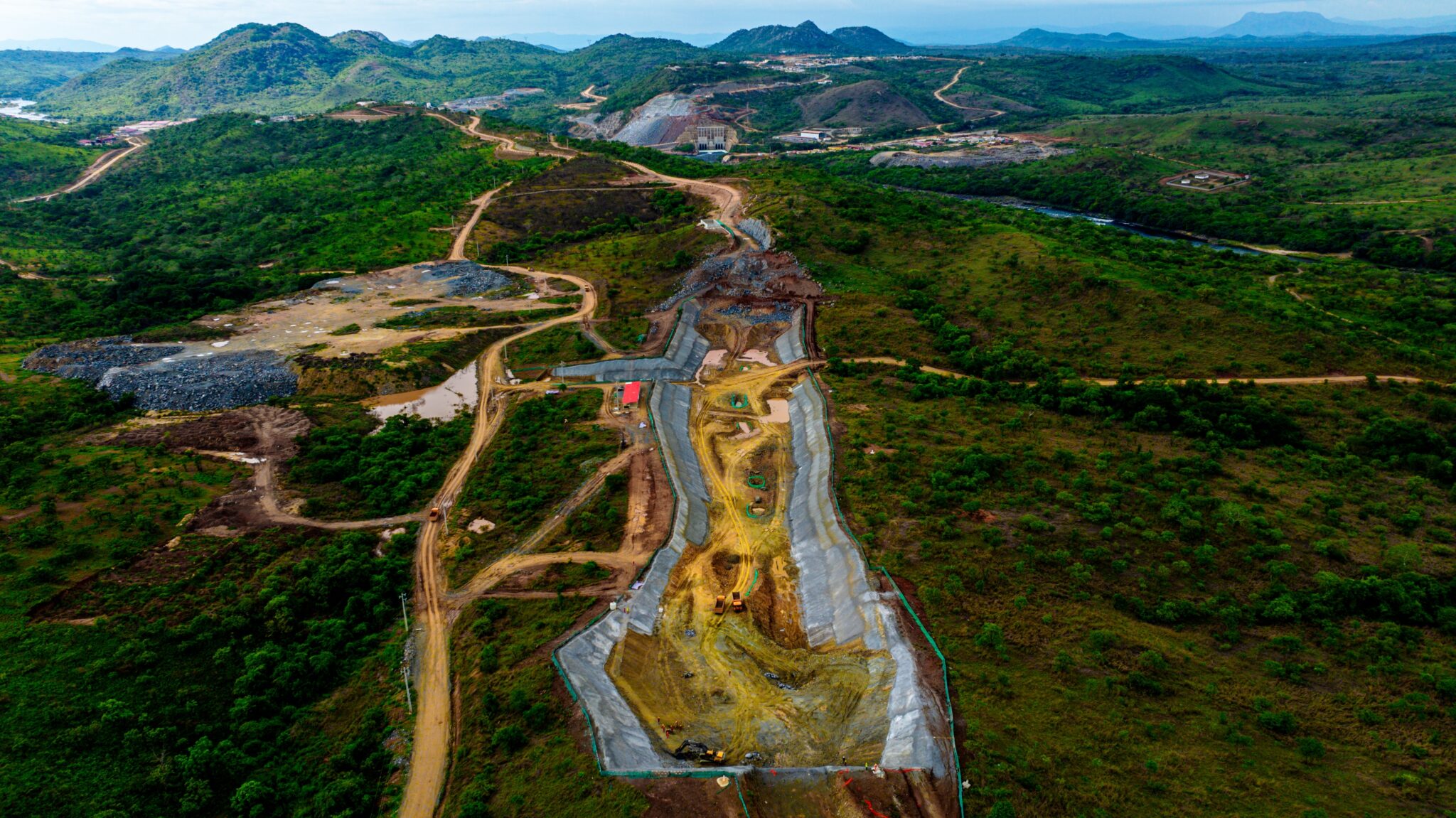
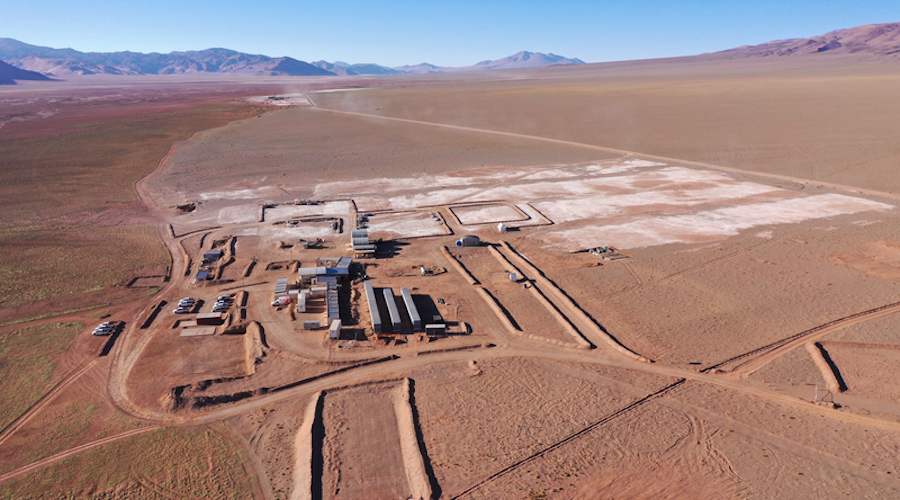

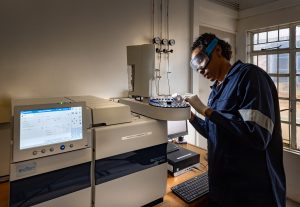
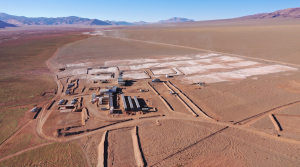
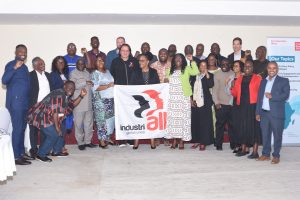
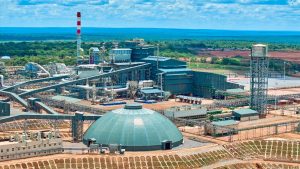

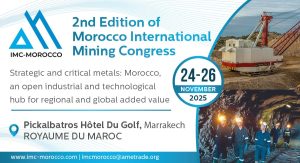

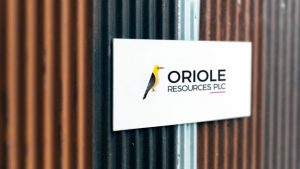
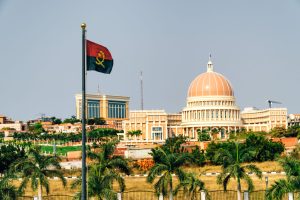
Post Comment